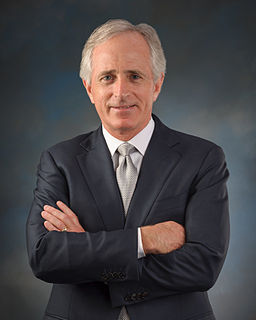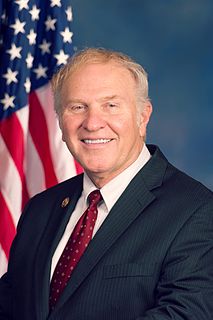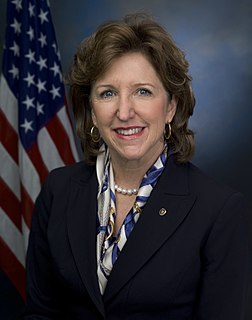A Quote by Bob Corker
I find it very difficult to see a scenario where financial regulation doesn't pass the Senate.
Quote Topics
Related Quotes
I find it very difficult to relate to India's new middle class. This very patriotic and neoliberal group that mixes religion and economics together. I find them very irksome. Very difficult to like. They are privileged, but they don't want to talk about their privilege. It's difficult to find poetry amongst these people. Some sort of hidden spirit of beauty.
Being in a scenario where you're thinking, 'I can't do what I want to do due to the financial burden that comes with some of it,' makes you think, 'Well, I could go and do an after-dinner speech every night.' I'd probably earn more than I could in track-and-field. But that's a dangerous scenario to get yourself into.
Ted Cruz said he wanted to find a compromise. Ted Cruz said he wanted to bring 11 million people out of the shadows. Ted Cruz said that he wanted immigration reform to pass. Here's the bottom line. I tried to solve a very difficult issue, and we tried to produce the best and most conservative bill possible in a Senate controlled by Harry Reid at the time, and then send it over to the House and have them, conservatives, make it even better.

































